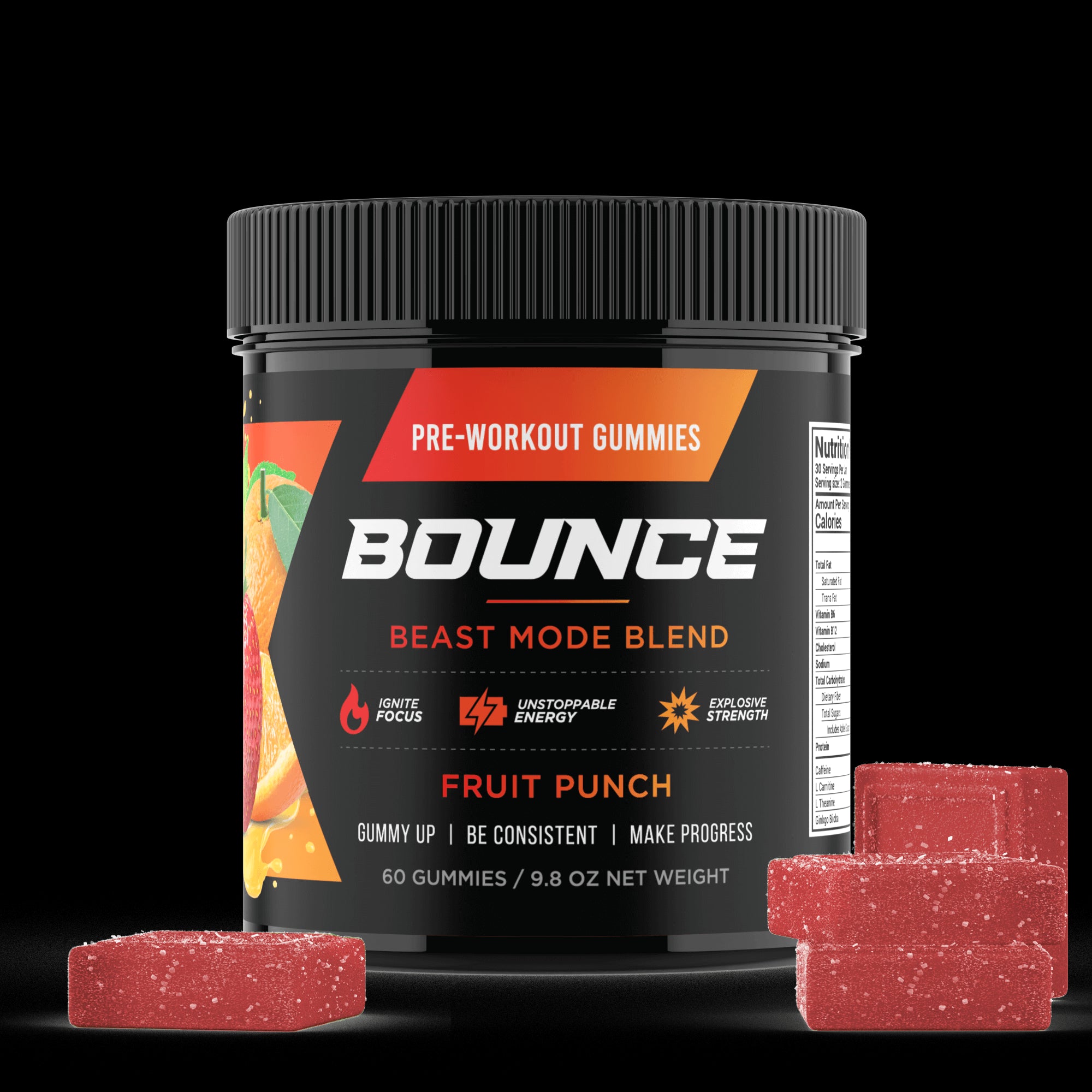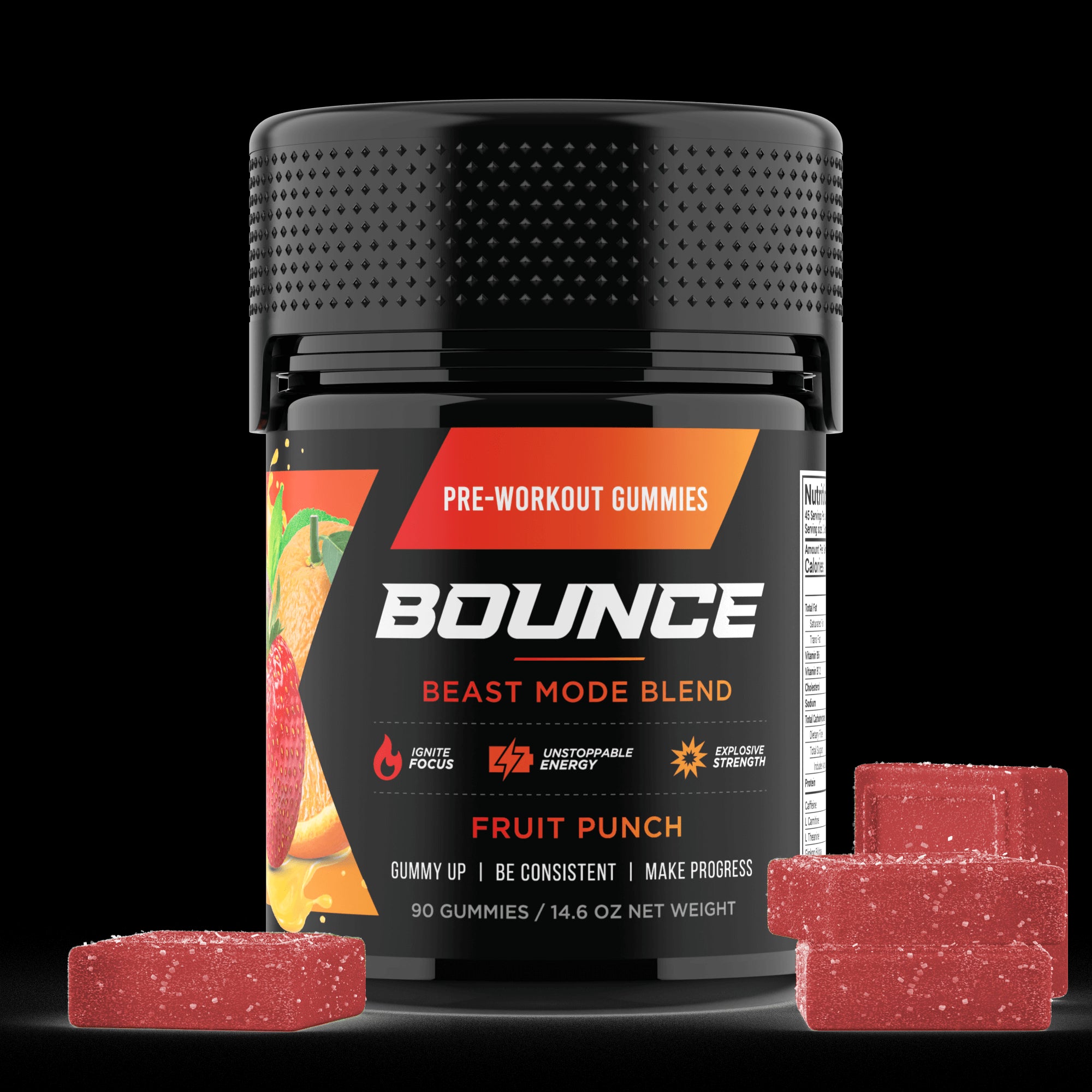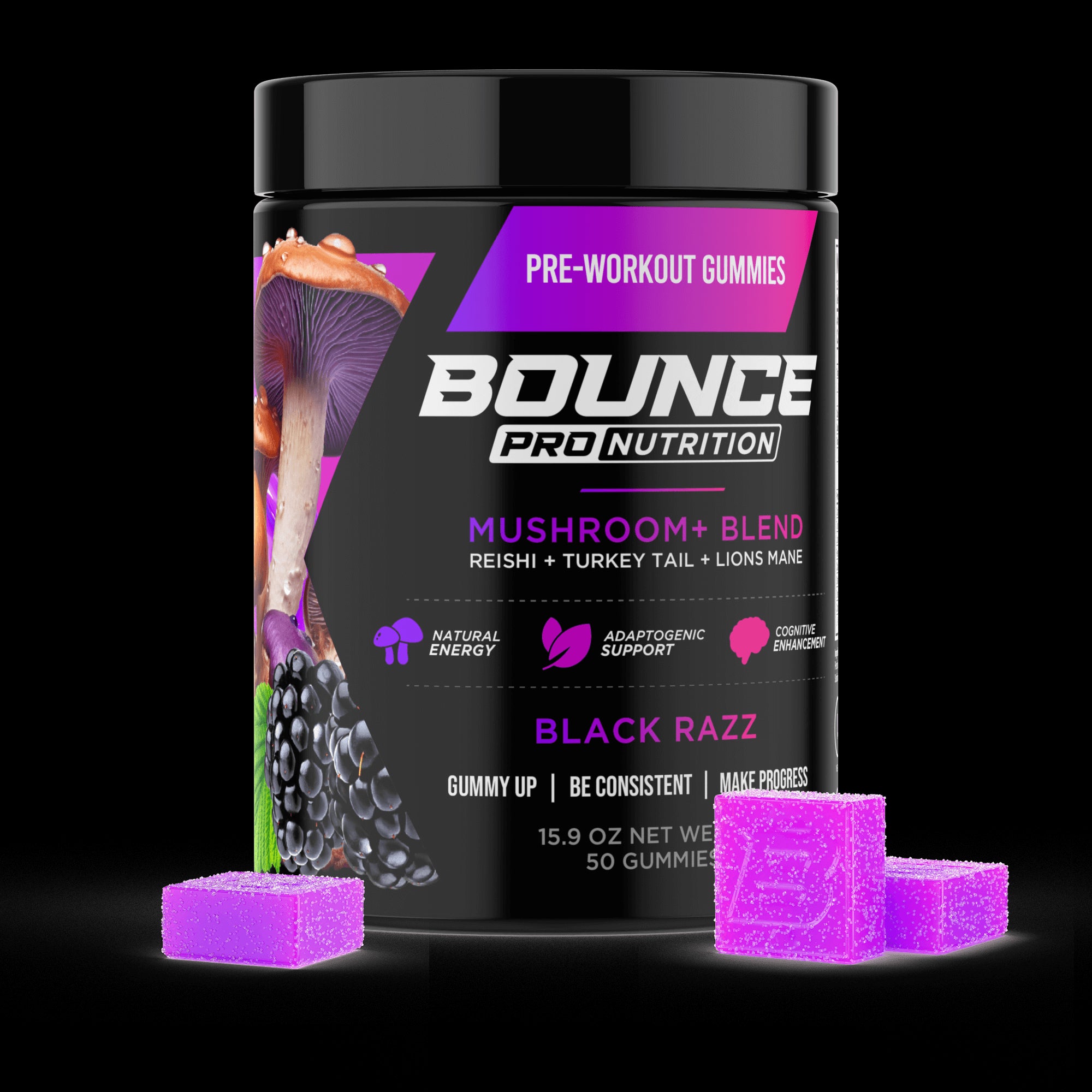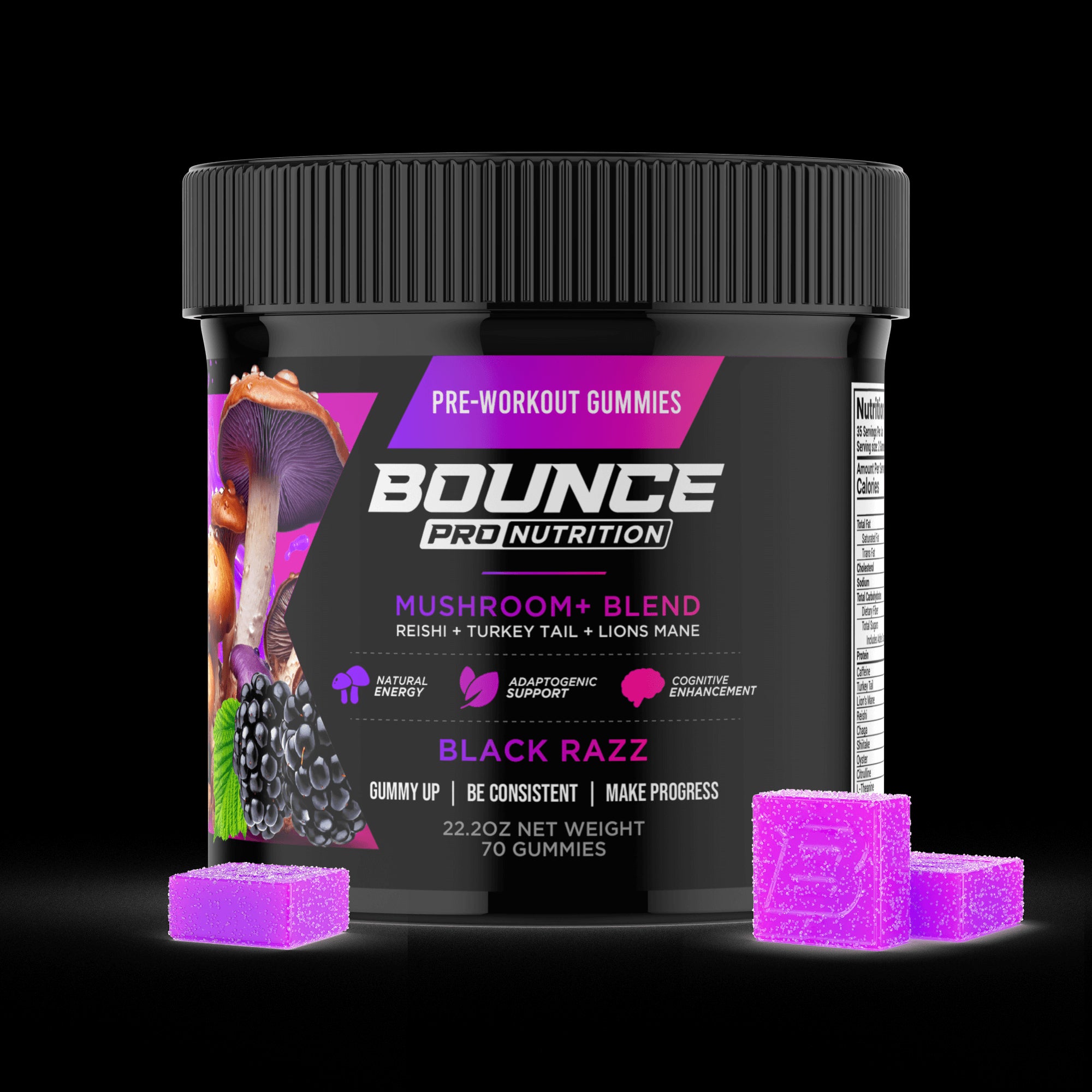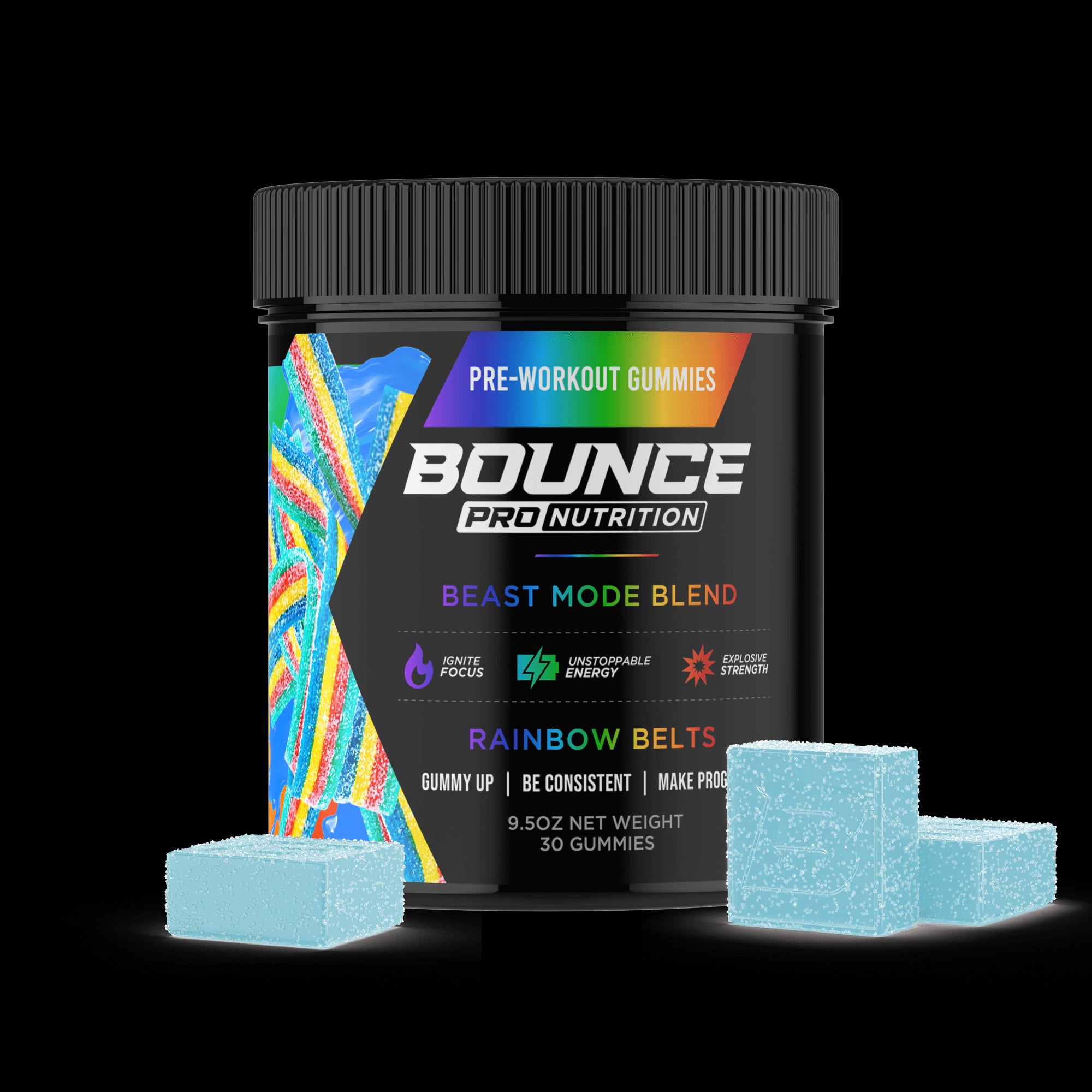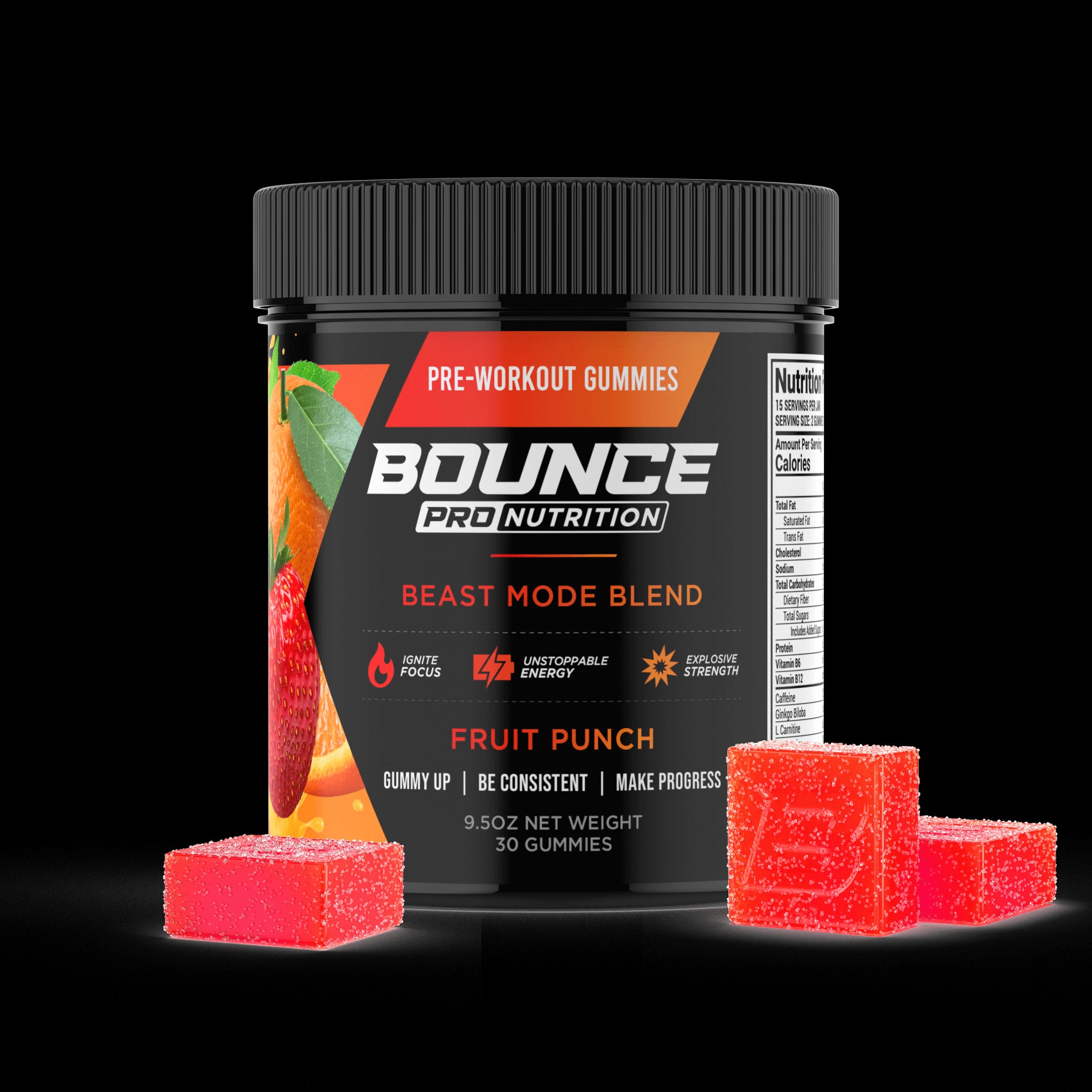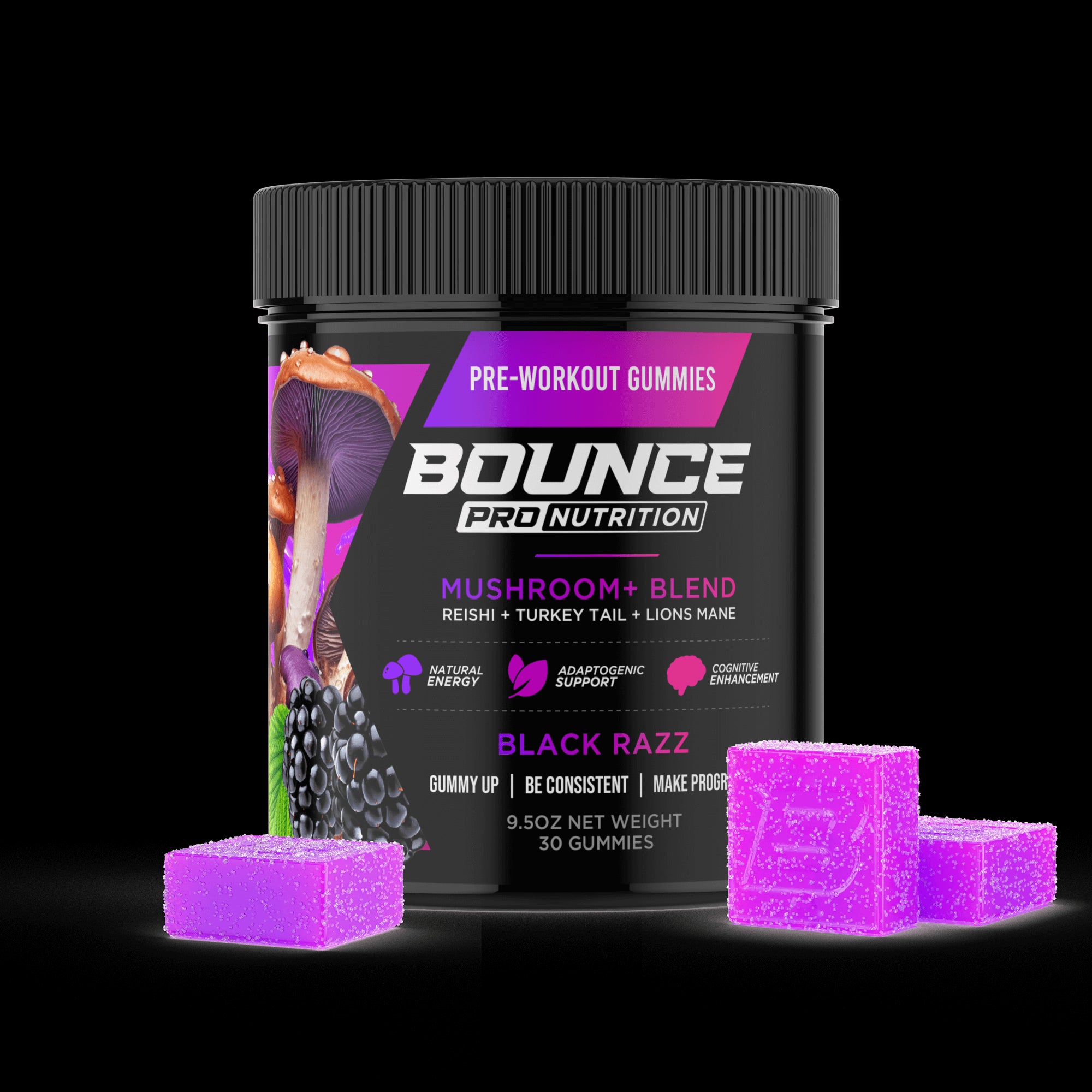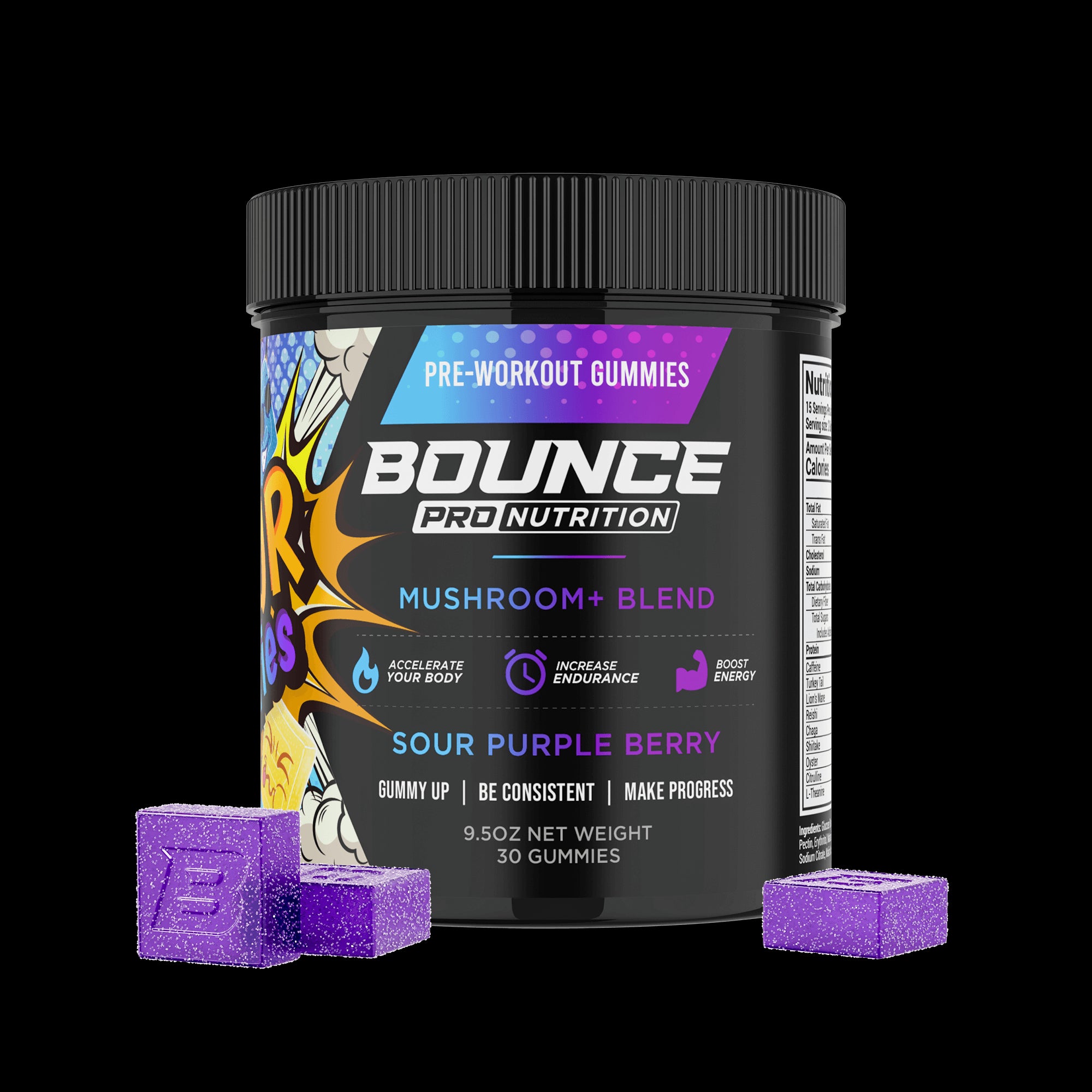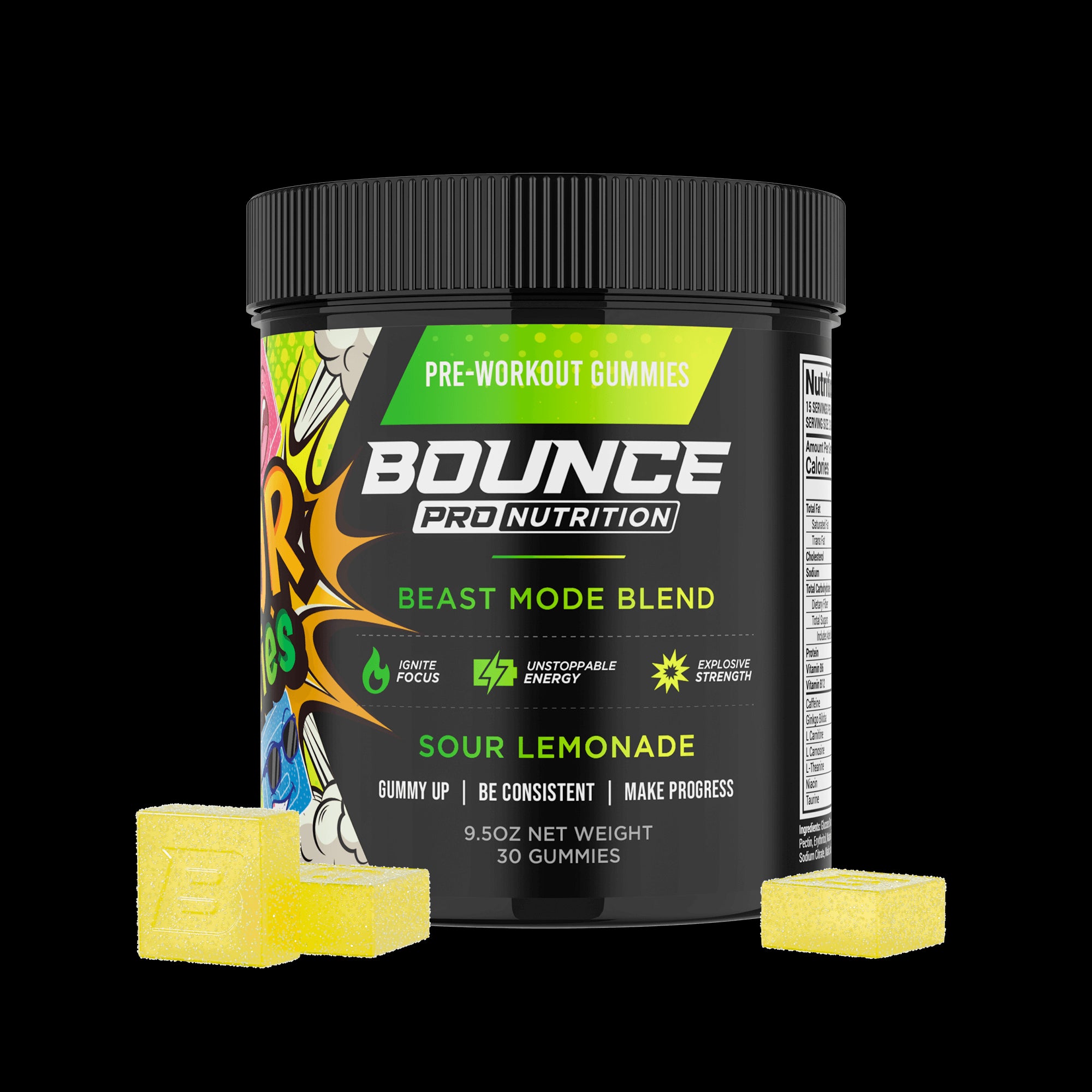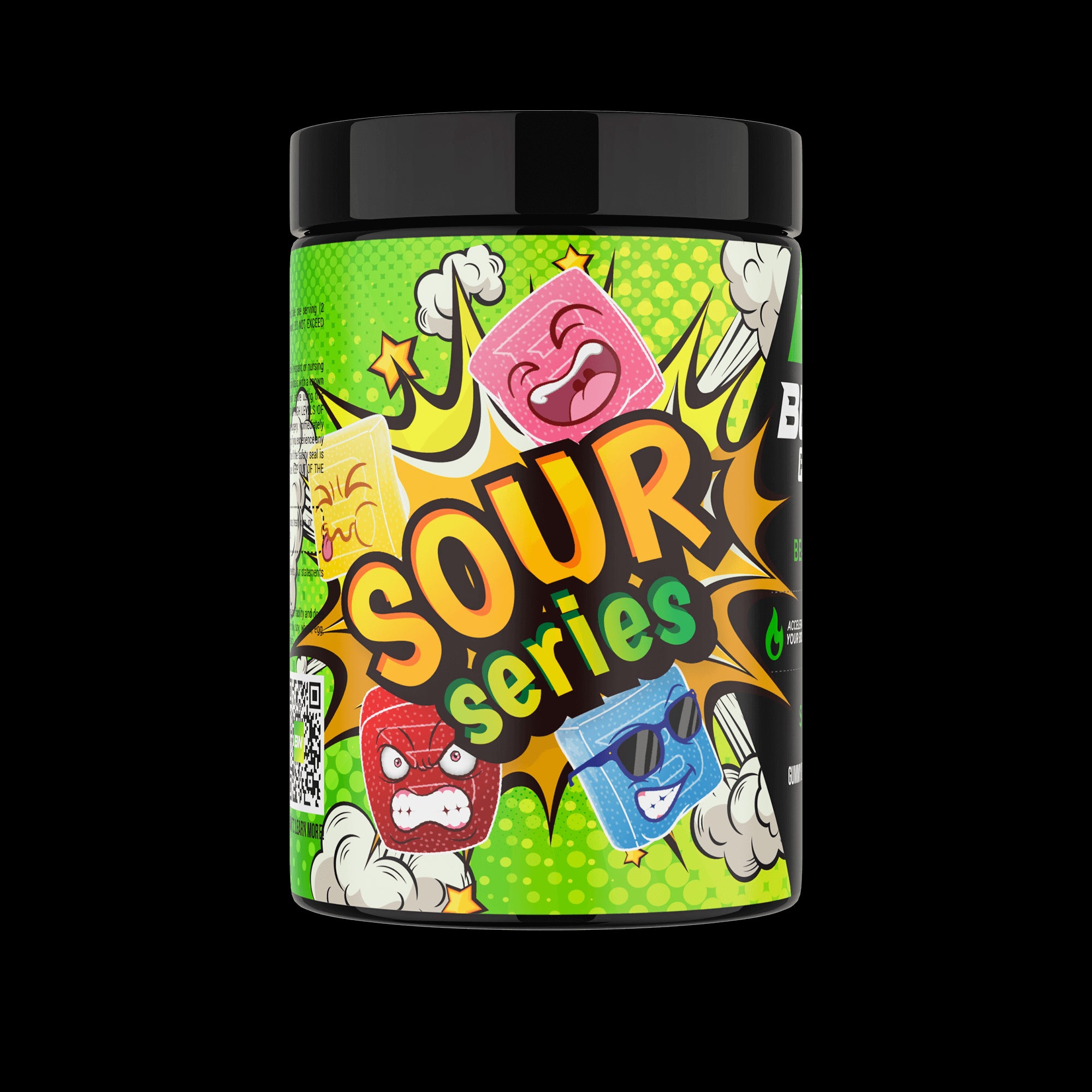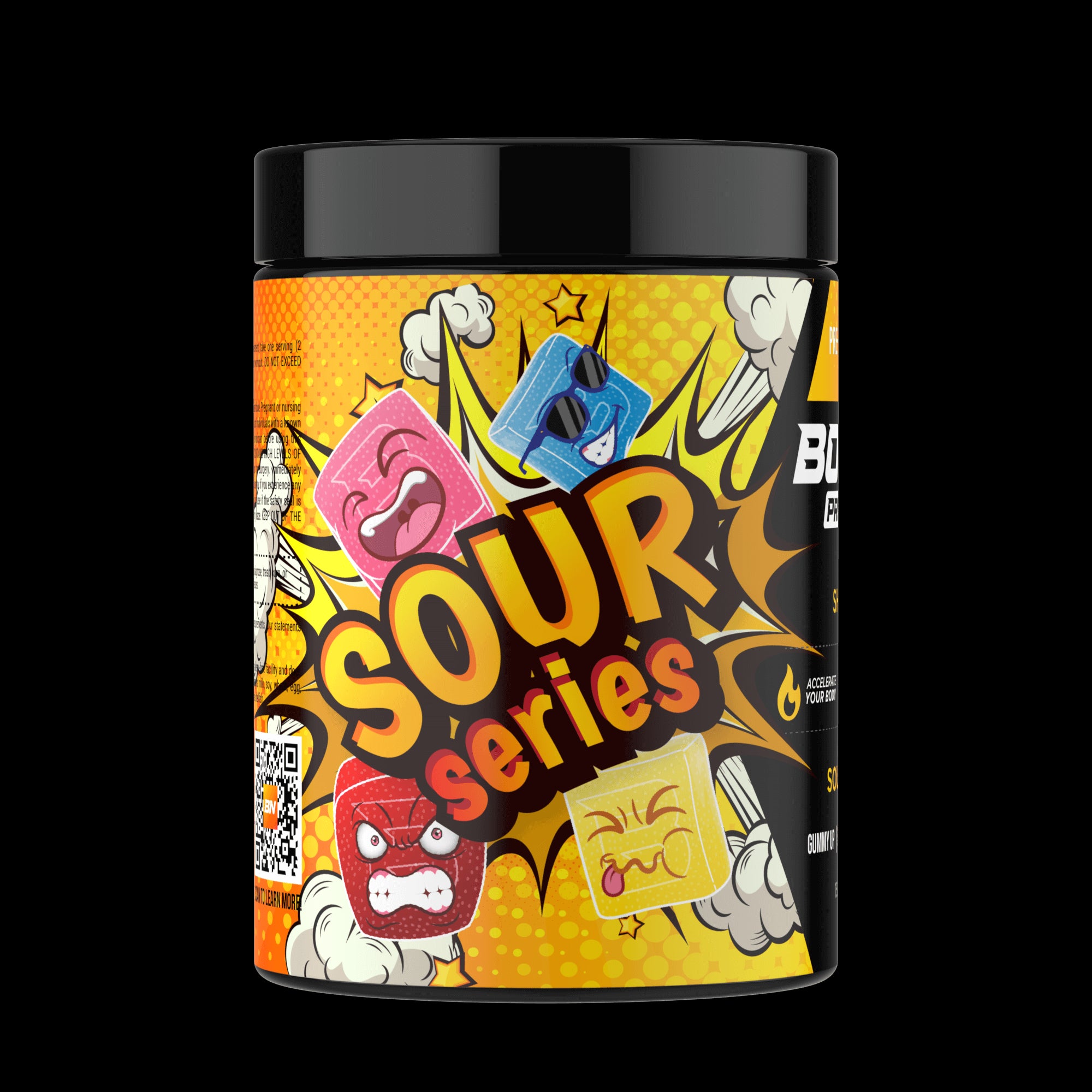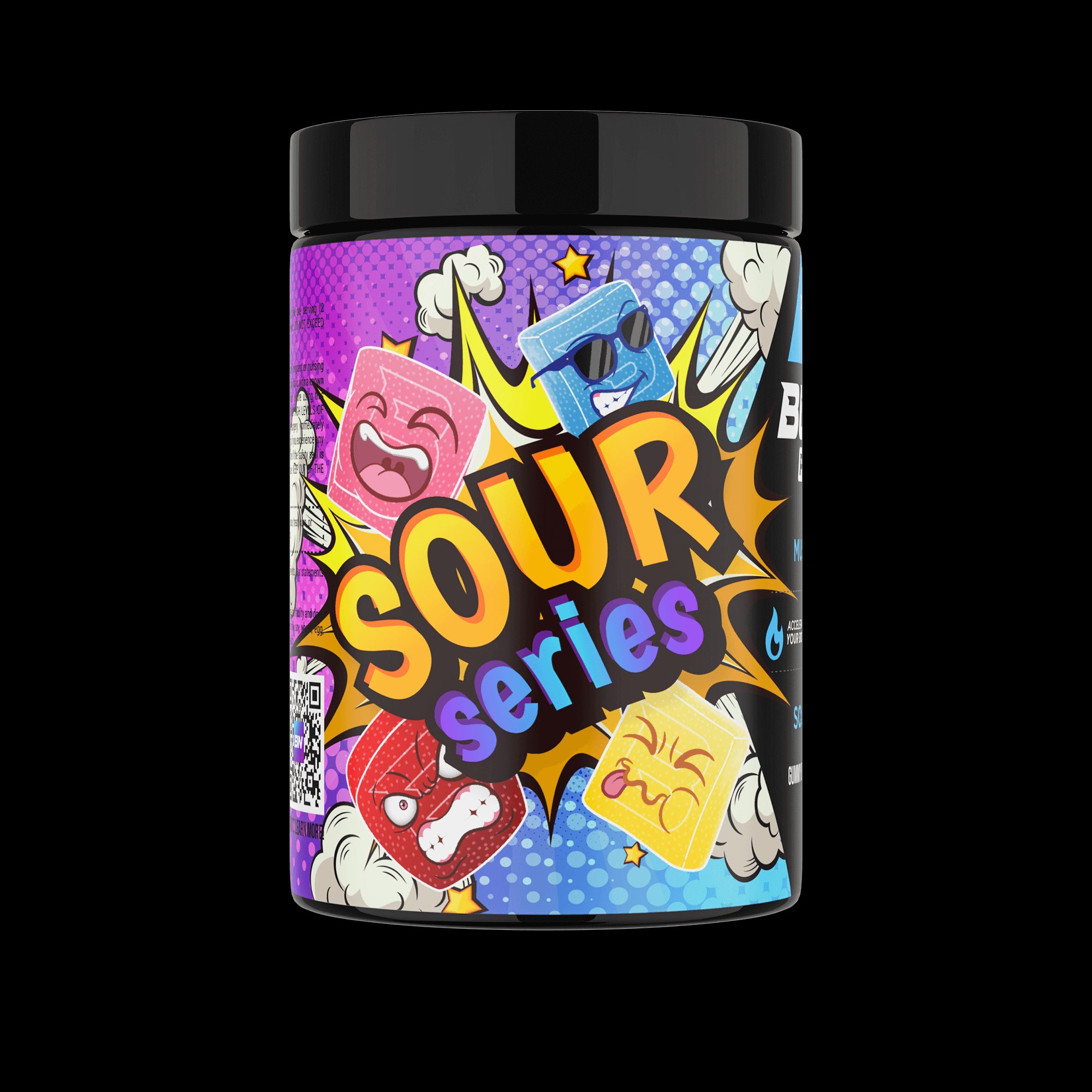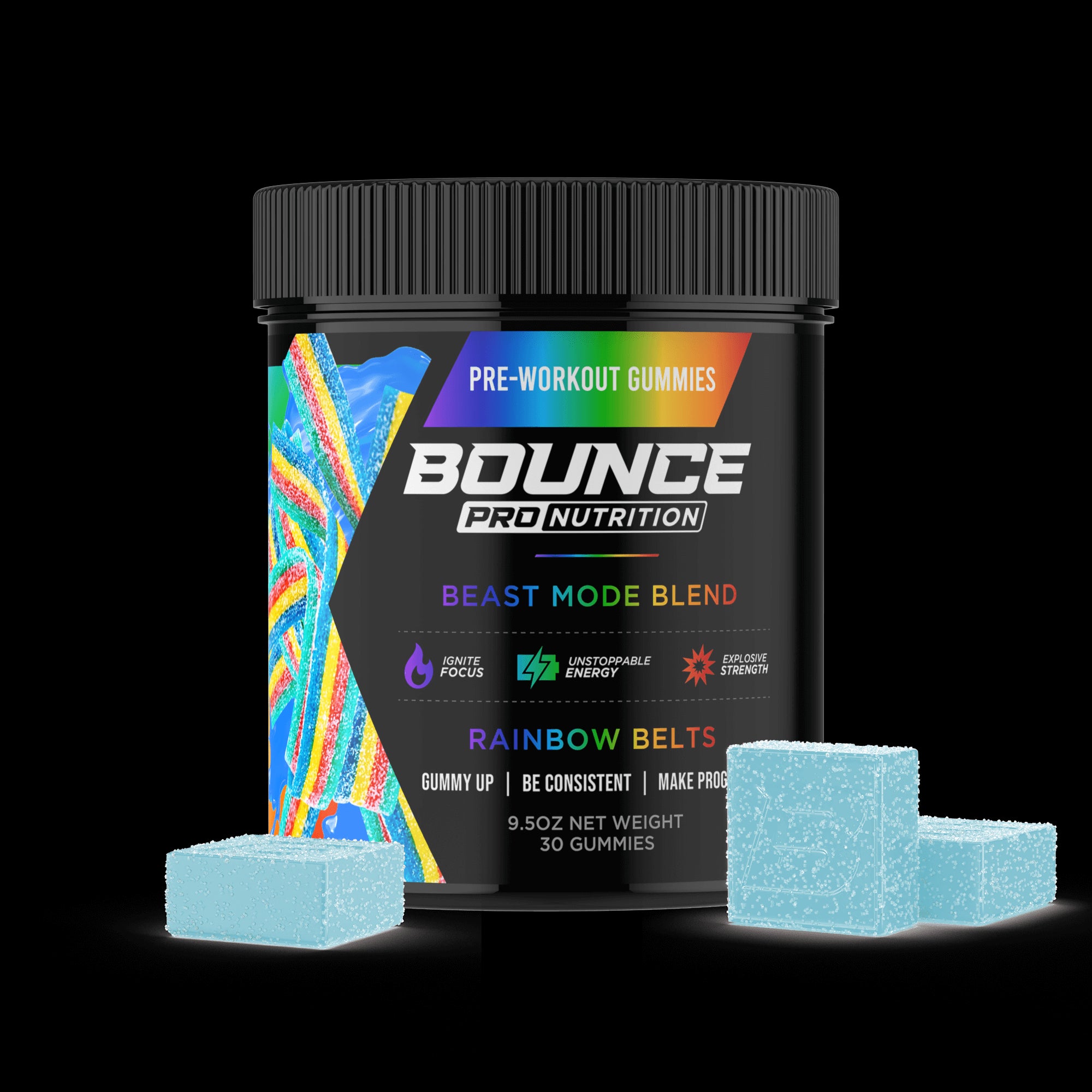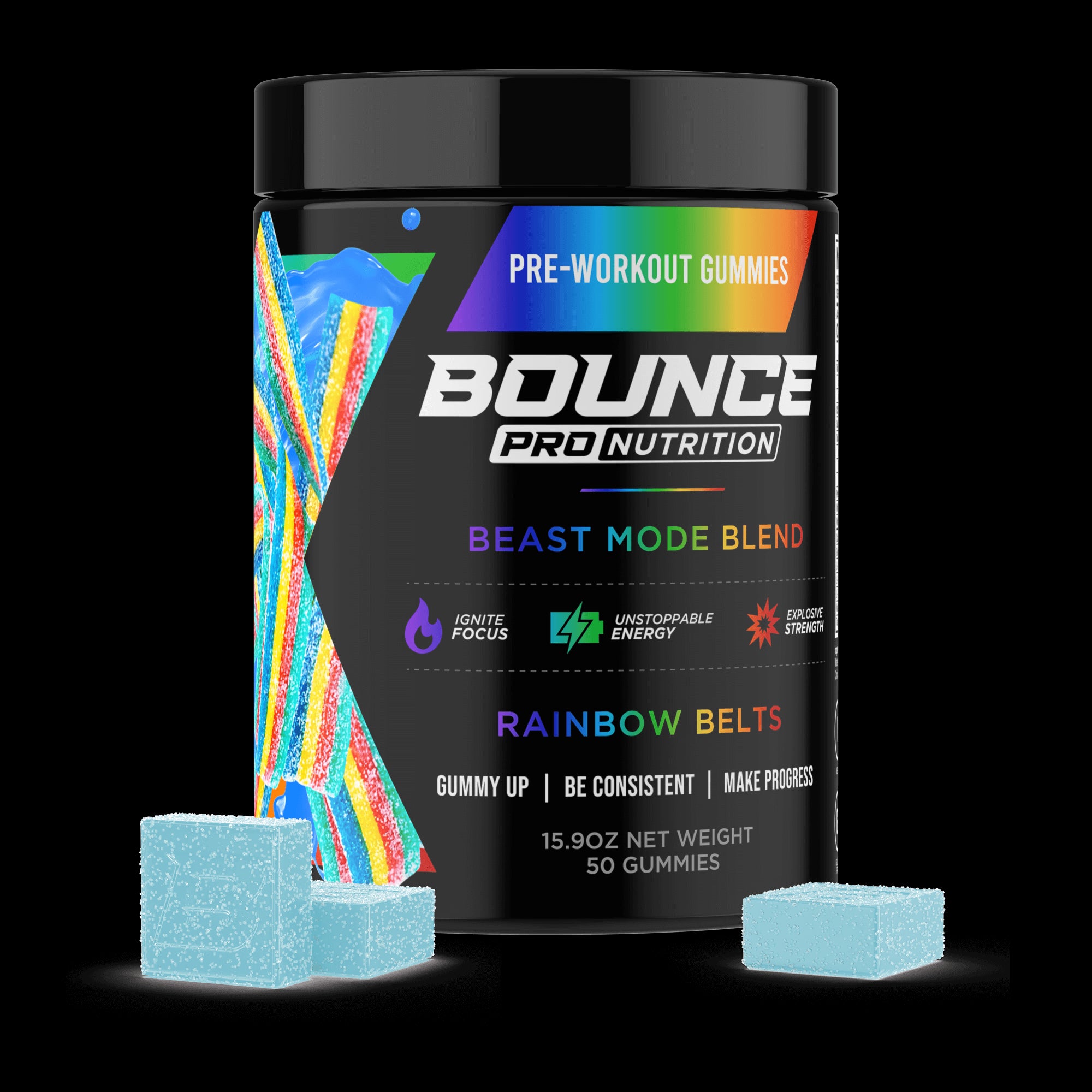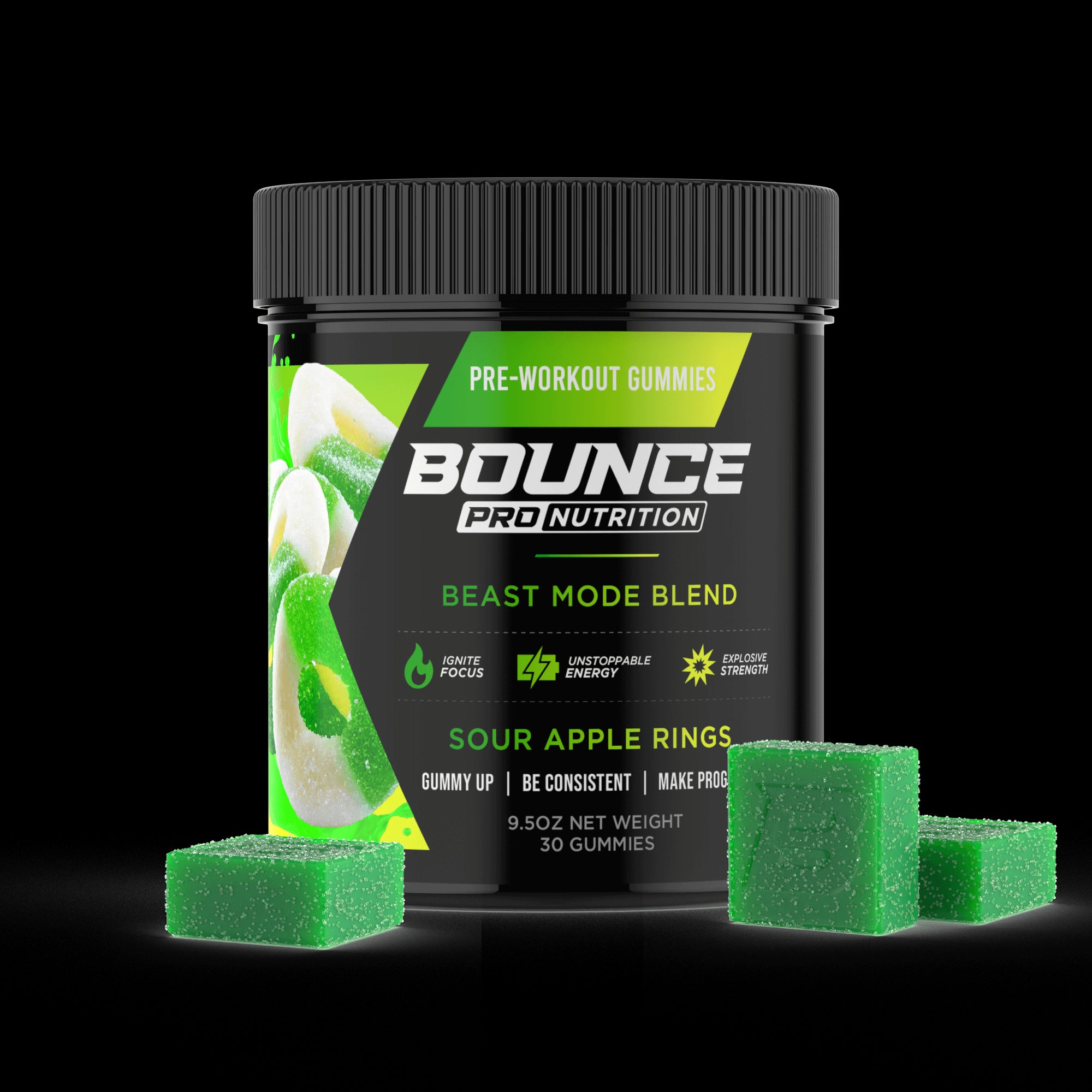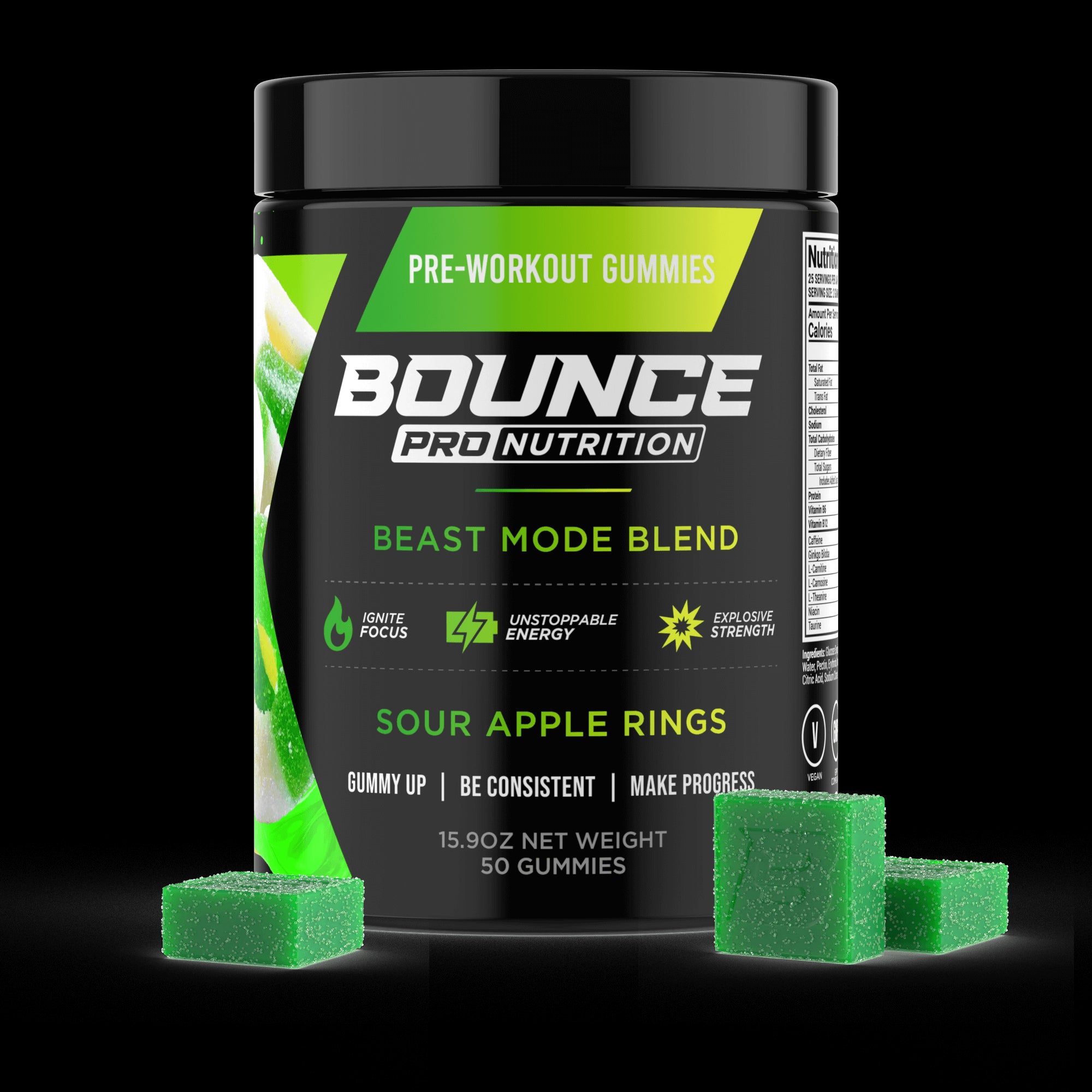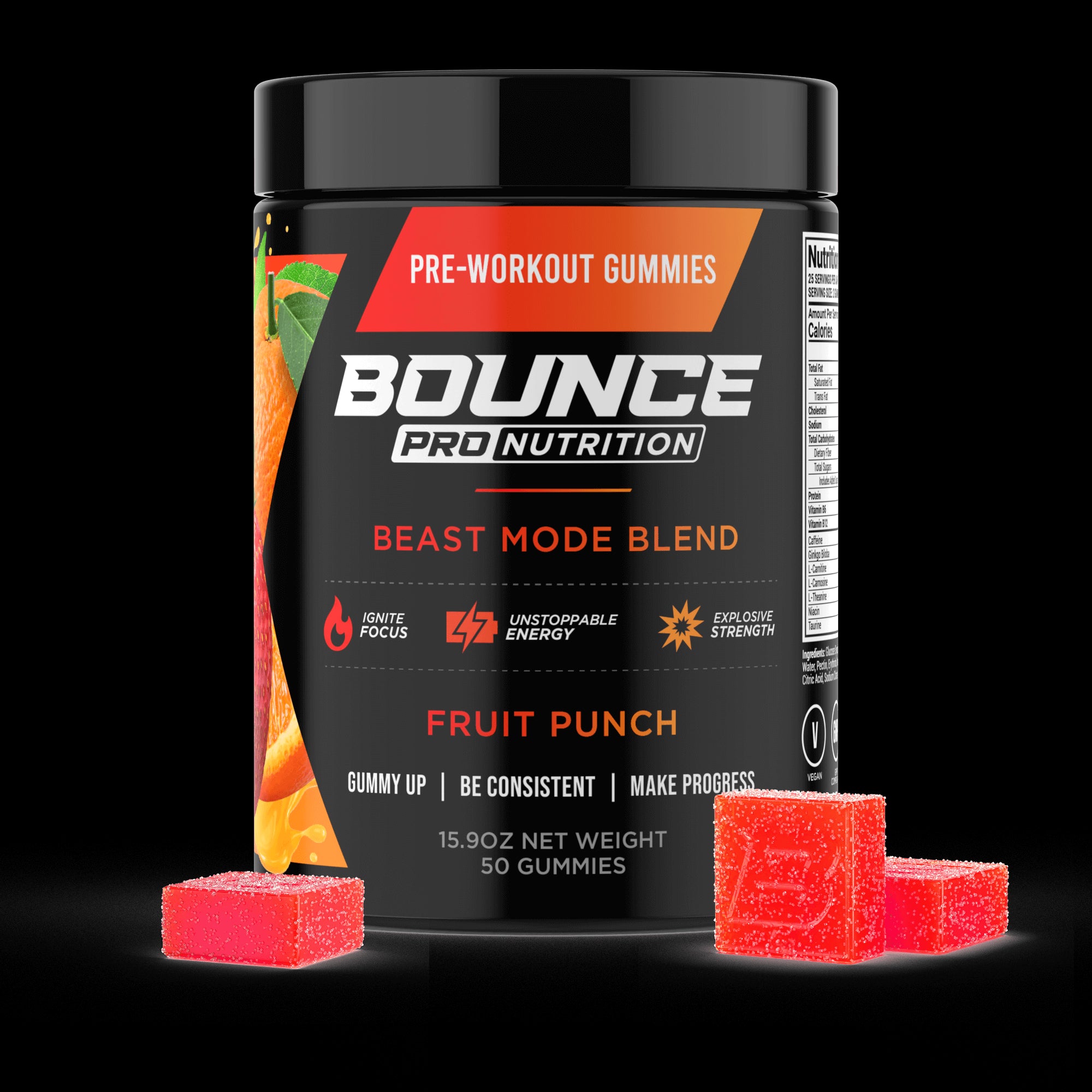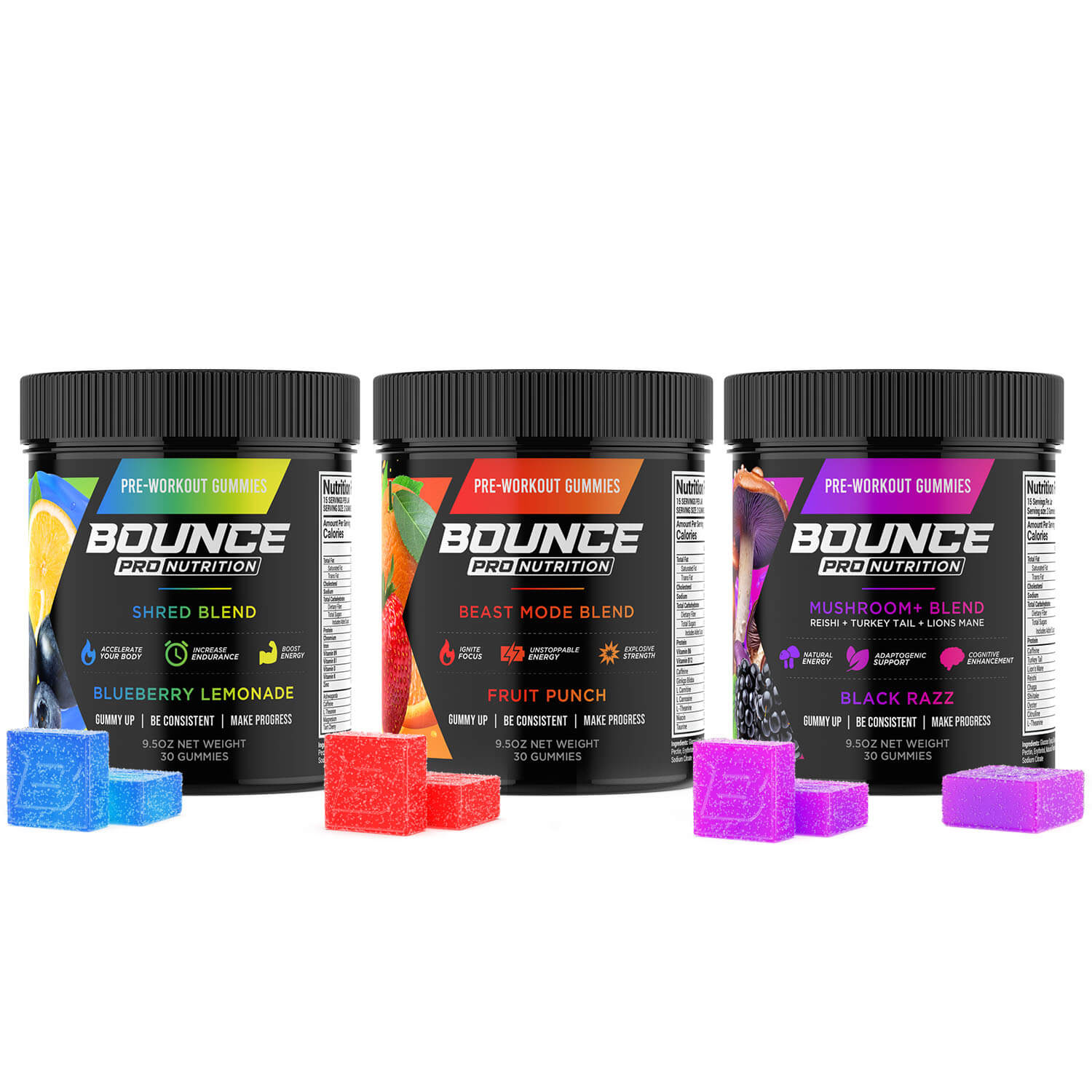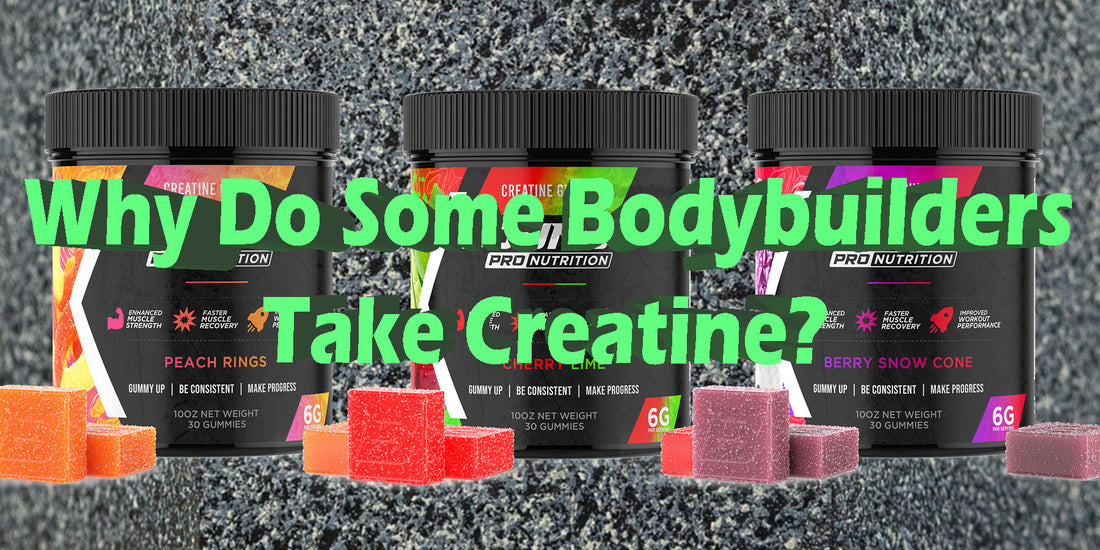Bodybuilders are individuals who engage in a specific regimen of exercise, diet, and lifestyle choices aimed at developing and showcasing highly defined and well-proportioned muscles.
The activity of bodybuilding often involves both resistance training and aerobic exercise, along with a highly controlled diet rich in protein and limited in fats and carbohydrates. The goal isn’t just to increase muscle size (hypertrophy), but also to reduce body fat to very low levels so that the muscles become more visible and well-defined.
TO BUY CREATINE GUMMIES CLICK HERE
What Exactly is Bodybuilding?
Bodybuilding can require a significant time commitment and lifestyle changes, including regular workouts, meal planning, and often foregoing other activities to focus on training and recovery.
There are two types of main trainings that bodybuilders do:
- Resistance Training: This involves lifting weights or performing exercises that require the muscles to exert a force against a resistance. The main goal is to induce muscle hypertrophy.
- Cardiovascular Exercise: While the primary focus is on muscle development, most bodybuilders also include some form of cardiovascular exercise to help reduce body fat.
- Still, after all that training, adequate rest is essential for muscle recovery and growth.
Also, bodybuilding can be a competitive sport, as this where participants are judged on the symmetry, size, and definition of their muscles. Competitions often involve several rounds, including routines where competitors perform poses to highlight their physique.
There are even different categories and classes in bodybuilding, such as "Men’s Open”, "Classic Physique", "Women’s Physique”, etc., each with its own set of criteria and ideal aesthetics.
Bodybuilding has a vibrant subculture and is a lifestyle for many, not just a form of exercise. There is often a strong community aspect, with gyms and online forums serving as gathering places for sharing tips, encouragement, and advice.
Time to Pump You Up: Why Bodybuilders Take Creatine
Some bodybuilders (and even athletes in general) choose to incorporate creatine into their regimen to enhance performance, recovery, and muscle growth – all to have the chance to improve their performance during workouts or events. Typically speaking, creatine serves specific purposes, depending on its ingredients and such.
Enhanced Performance:
- Increased Power Output: Creatine helps in the formation of adenosine triphosphate (ATP), which is the primary molecule for storing and transferring energy in cells. More ATP means more available energy for short, intense bursts of activity like weight lifting or sprinting.
- Muscle Endurance: Some research suggests that creatine supplementation may help improve endurance during sets of exercises, allowing athletes to lift heavier weights for a greater number of repetitions.
- Saturation of Creatine in Muscles: With consistent supplementation, the levels of creatine in the muscle can become saturated, ensuring that there's a readily available pool of creatine for ATP production during intense activities.
- Speedier Recovery: Creatine may help muscles recover more quickly after exercise, which can be beneficial during high-intensity, repetitive activities.
Muscle Growth:
- Increased Muscle Mass: Some studies have shown that creatine supplementation can lead to an increase in muscle mass. This is partly due to the increase in water content within the muscle cells, but there may also be increases in protein synthesis.
- Increased Water Content: Creatine pulls water into your muscle cells, increasing cell volume and stimulating muscle growth.
- Protein Synthesis: There is some evidence to suggest that creatine may help increase the rate of protein synthesis, aiding in muscle repair and growth.
Cognitive Benefits
Although not the primary reason for supplementation in bodybuilding, some evidence suggests that creatine can improve cognitive function, particularly under conditions of sleep deprivation or mental fatigue.
Safety and Effectiveness:
- Well-studied: Creatine is one of the most researched supplements and is generally considered safe for most people when used appropriately.
- Cost-Effective: Compared to many other supplements, creatine is relatively inexpensive.
Other Benefits:
- Improved Anaerobic Capacity: For sports and activities that involve short bursts of energy, creatine can be beneficial.
- Bone Healing: Some research suggests that creatine supplementation may aid in bone repair, although this is less directly related to bodybuilding.
Pre-Workout Gummies and Other Supplements: A Way for Bodybuilders to Increase Their Workout Gains
As you can now see, bodybuilders and fitness enthusiasts often seek various ways to enhance their performance, build muscle, and improve their workout experiences. The use of creatine, including creatine gummies, powders, and capsules, is a common practice. So, if you’re already a bodybuilder, or are looking to become one, you might want to try creatine gummies in particular.
Please Note: While many people respond well to creatine, not everyone sees significant benefits. Some individuals are "non-responders", meaning they might not experience noticeable performance improvements with supplementation.

